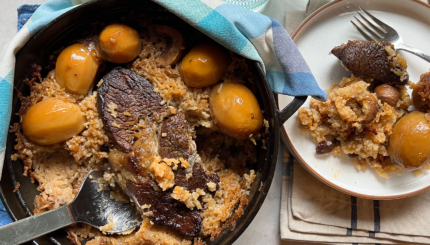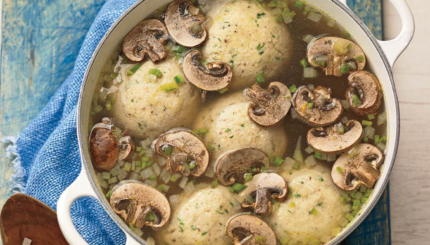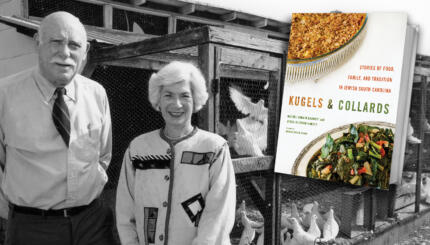I remember learning two things—and only two things—about Sephardic culture in Sunday School as a young child. First, Sephardic Jews come from Spain. Second, Sephardic Jews eat rice and beans on Passover.
I have spent much of my adult life explaining to audiences around the world that there is actually much more to Sephardic culture than these two facts.
While the first one is generally considered true, the second one was only half the picture. In addition to rice and beans, Sephardic Jews can also eat corn, green beans, peas, lentils, chickpeas, peanuts, and much more. In other words, Sephardic Jews eat food from the category of kitniyot that are forbidden for Ashkenazi Jews of European origin to eat during Passover!
No wonder every year so many of my friends pretend to be Sephardic during Passover!
While Sephardim are much ignored and misunderstood for three hundred and fifty-eight days of the year, the eight days of Passover serve as our secret weapon to promote how wonderful our culture is.
Hence, I present my “8 Days Sephardic,” an ode to the advantages of being a member of our exclusive Sephardi tribe during Passover. With the refrain of “8 days, oy, do the arithmetic! And on Pesach, be Sephardic!” and pronouncements like “Be like Moses, be a maverick, and on Pesach, be Sephardic!,” I urge all my Ashkenazi friends to walk in my shoes for the upcoming holiday.
We Sephardim are much more than the kitniyot we eat; we are also a joyous, cheeky bunch. And we have a rich culture filled with history, color, cuisines, poetry and song. And yes, pinto beans, too.



